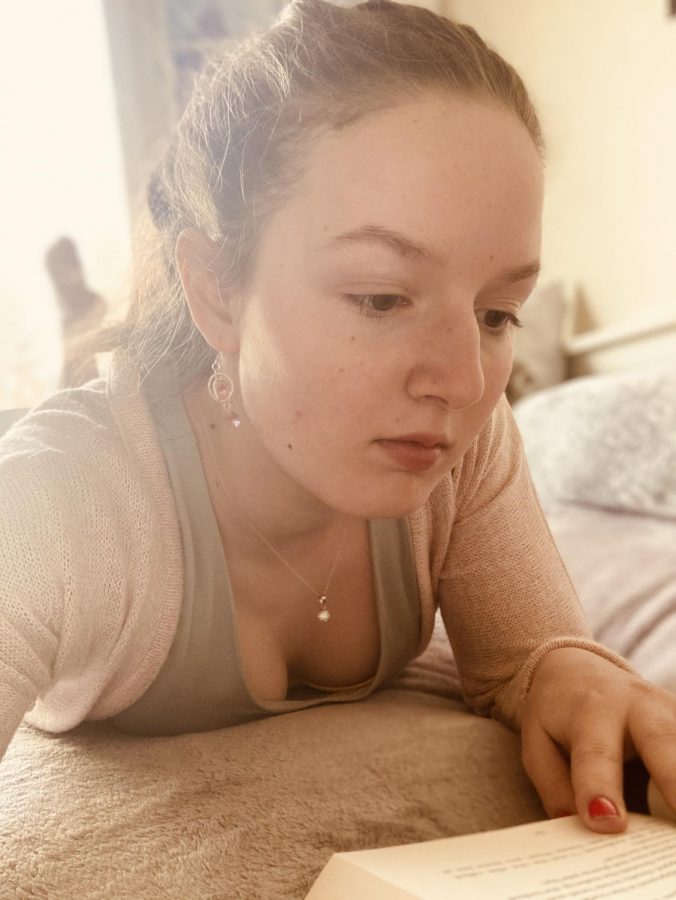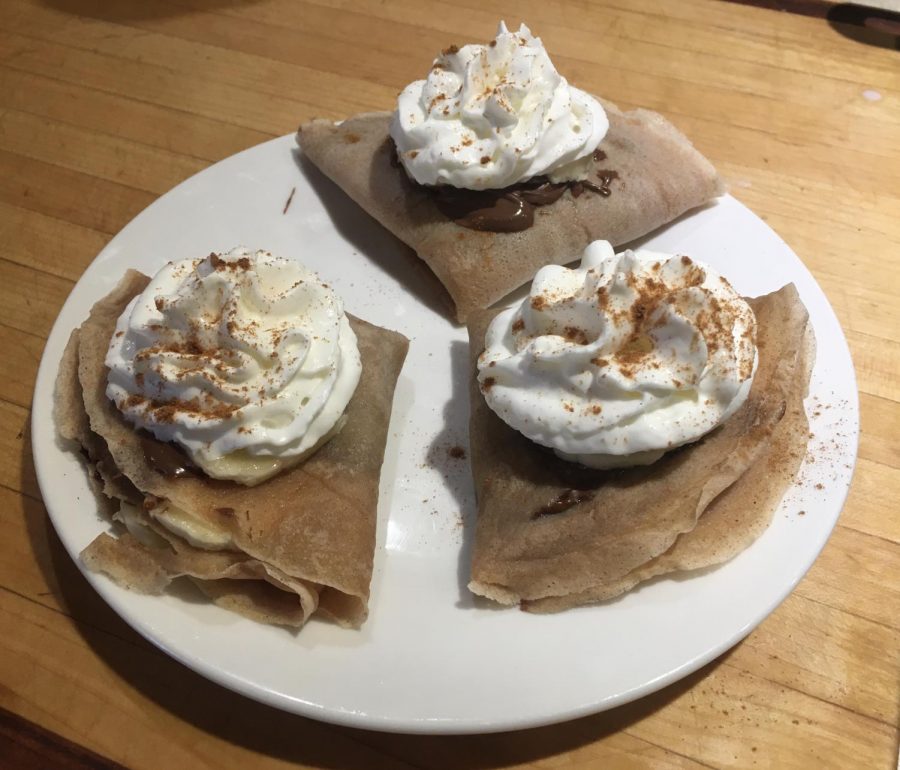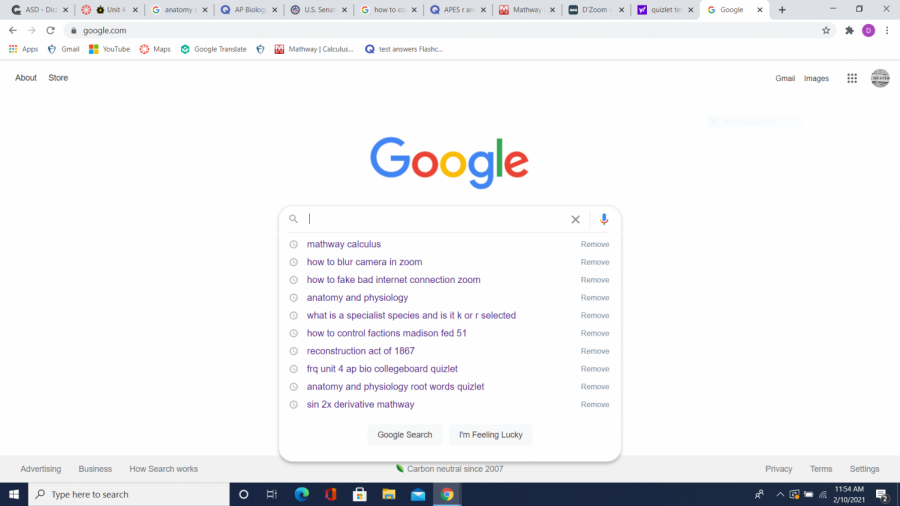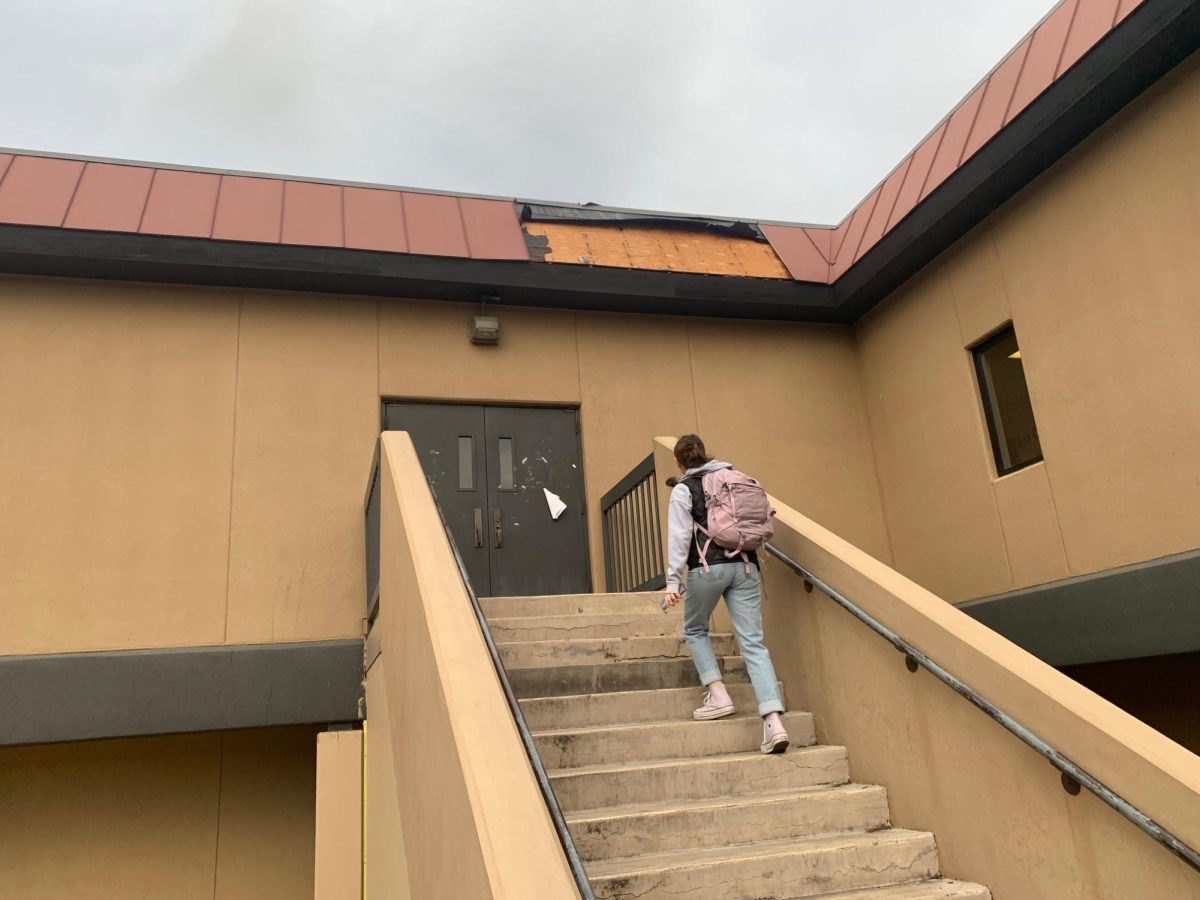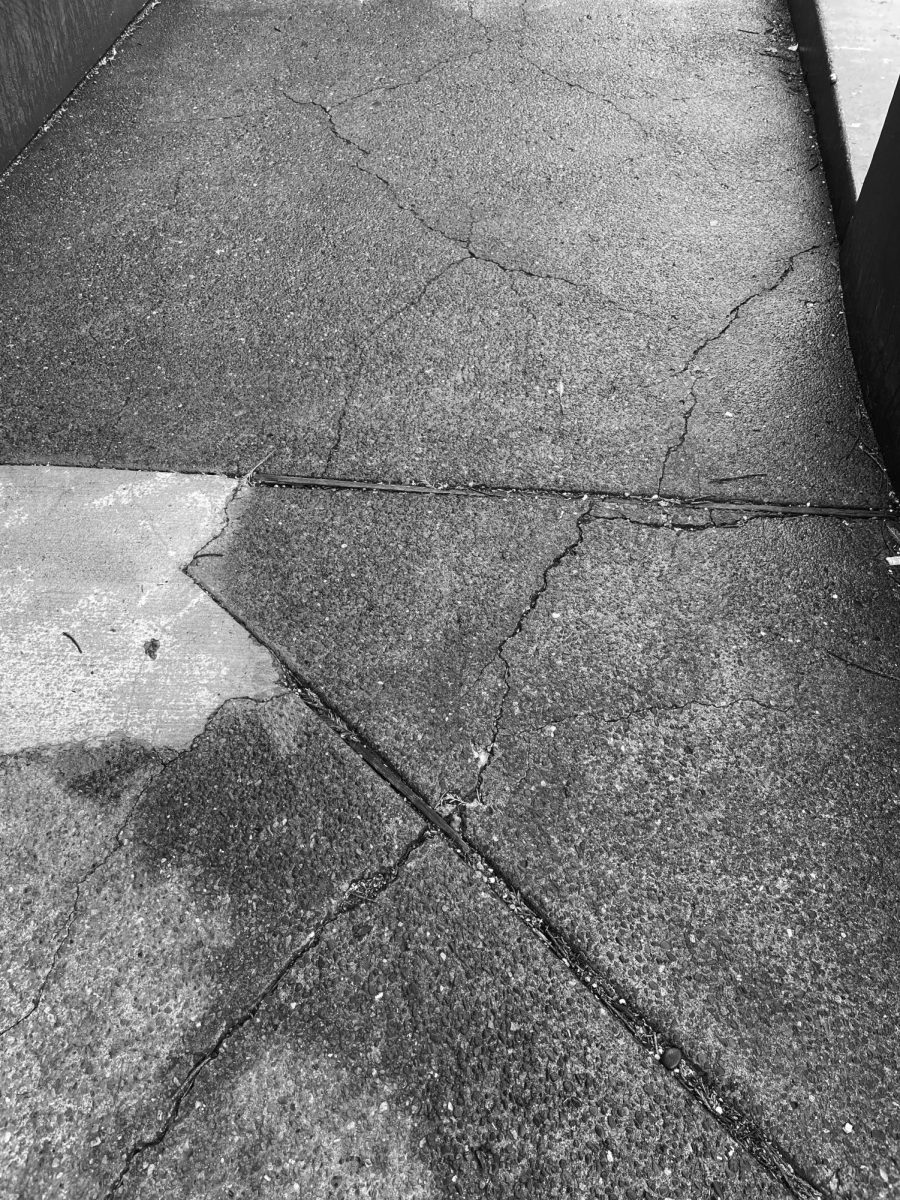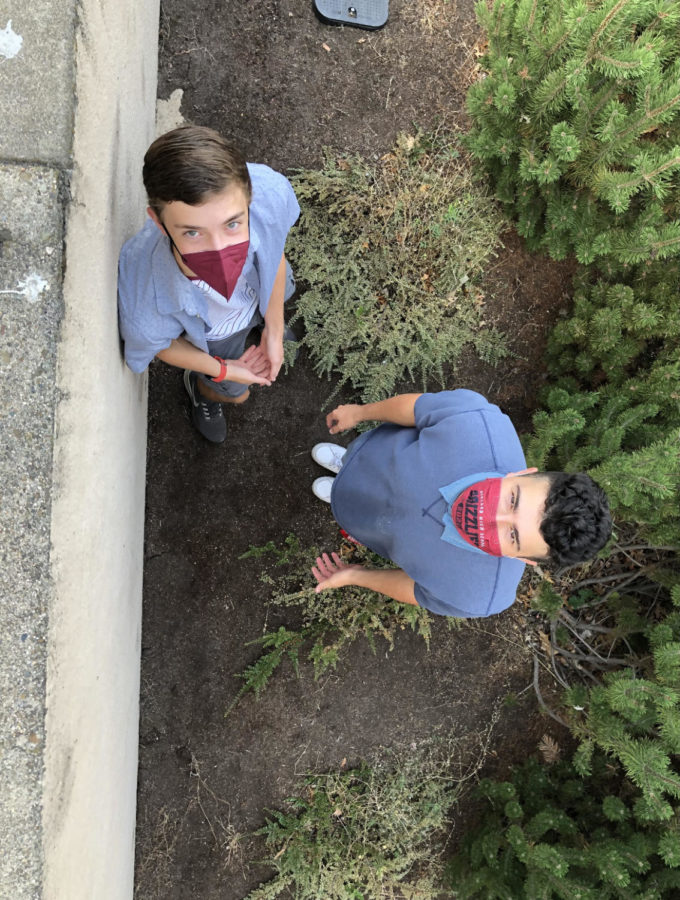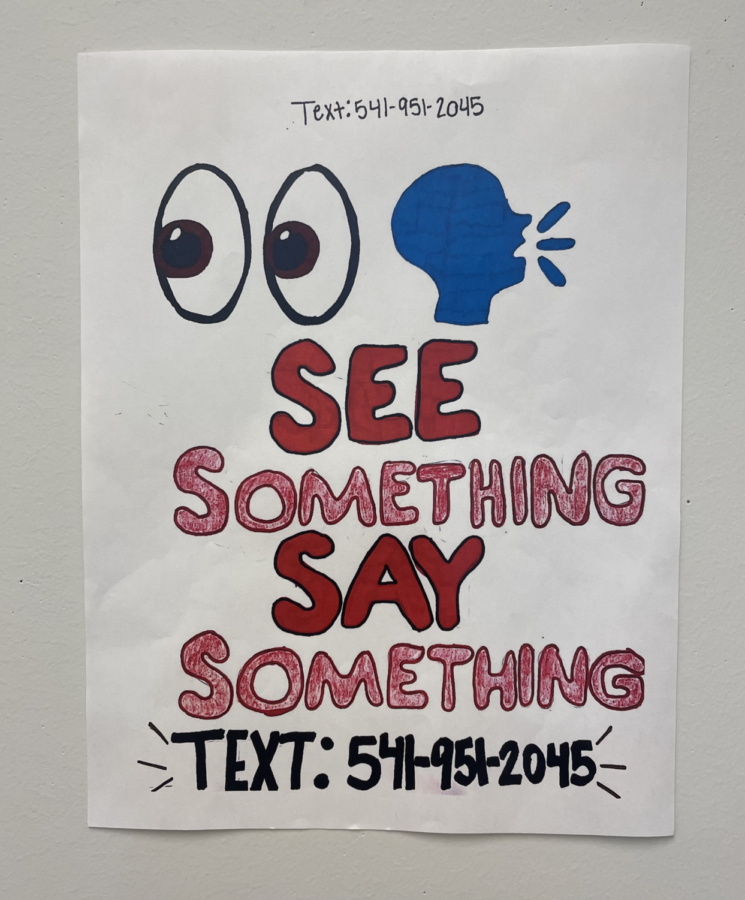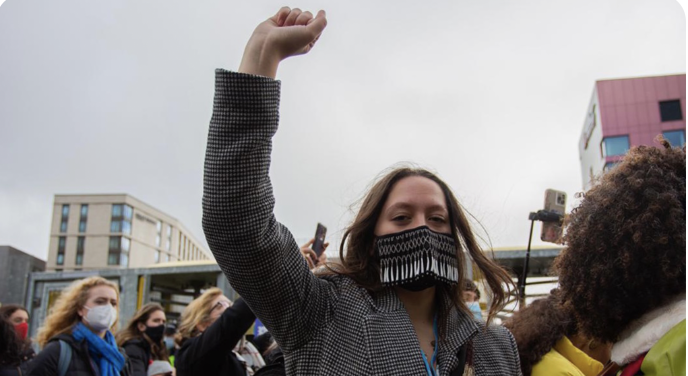 “Having mono is kind of like constantly living on two hours of sleep, having headaches that put migraines to shame, and having the flu and a cold at the same time,” proclaimed Isis Terrall, a senior at Ashland High School. Yes, it’s true mononucleosis could be one of the worst things you can come down with as a high school student. Many high school students are vulnerable to mononucleosis because teenagers tend to be sleep deprived, stressed, and exhausted by various extracurricular activities. So for everyone that has been bombarded with misconceptions and utter horror stories, here are some cold, hard facts to give you a breath of fresh air and some peace of mind.
“Having mono is kind of like constantly living on two hours of sleep, having headaches that put migraines to shame, and having the flu and a cold at the same time,” proclaimed Isis Terrall, a senior at Ashland High School. Yes, it’s true mononucleosis could be one of the worst things you can come down with as a high school student. Many high school students are vulnerable to mononucleosis because teenagers tend to be sleep deprived, stressed, and exhausted by various extracurricular activities. So for everyone that has been bombarded with misconceptions and utter horror stories, here are some cold, hard facts to give you a breath of fresh air and some peace of mind.
Mononucleosis, often shortened to mono, is jokingly referred to as the “kissing disease” because it is transferred via saliva and it mostly affects teens and young adults. Mono is caused by the Epstein-Barr virus, which is frequently referred to as EBV. EBV is a member of the herpes family of viruses and is one of the most common human viruses on the planet. Worldwide, most people have become infected with EBV sometime during their lives. In the United States alone about 95% of adults between the ages of 35 and 40 have been infected. Infants are born with antibodies to the disease, along with many others, but shortly after birth the antibody protection disappears. Many children become infected with EBV and these infections usually cause no symptoms or are indistinguishable from other mild illnesses.
Students are warned, mono can easily seem as though it is only a cold, but if you know someone that has had mono, or you are unsure, don’t hesitate to get checked out. Laboratory tests are not always correct, however they are still the best way to be sure that you do or do not have mono. They are the most accurate way of checking for the virus. A simple blood test can give you reassurance. For those that are wigged out at the sight of blood, your doctor may be able to diagnose you without a blood test. Symptoms of infectious mono include:
- Sore throat
- Fever
- Headache
- Fatigue
- Fever
- Swollen lymph nodes, glands and tonsils.
“It was the most boring two weeks of my life. It [mono] sucks all of your energy and even if I wanted to get up and do something my body just didn’t have any energy at all,” said a senior, Maryam Shelton.
Sometimes the spleen becomes enlarged. This concerns doctors because if it is large enough, the spleen can easily rupture if impacted. The liver may also become affected, causing the individual to become jaundice, a condition where the skin takes on a yellow hue. Symptoms of mono typically resolve between one to two months. However, EBV remains dormant in a few cells in the throat and blood for the rest of the person’s life. Periodically, the virus can reactivate and is commonly found in the saliva of infected persons, this reactivation usually occurs without symptoms of the illness. Some, who might not even know they ever had EBV as a child, can spread it to other people. Most individuals exposed to people with infectious Mononucleosis, have previously been infected with EBV and are therefore not at risk of contracting it. To contract EBV a person must come in direct contact with the saliva of an infected person. Transmission of this virus through air (coughing or sneezing) or blood does not normally occur. The incubation period from infection to appearance of symptoms ranges from four to six weeks. The virus is almost impossible to prevent because the transmission can occur from seemingly healthy people too. This is why so many people have the Epstein Barr virus at some point in their life.
Mono is a viral infection. so there is no vaccine to help prevent or cure it. The infection must cure itself. You can only treat the specific symptoms. Sometimes physicians will prescribe a 5-day course of steroids to control the swelling of the throat and tonsils, making the patient more comfortable. However, this is not a widely accepted treatment in the medical community. The best thing an individual can do is sit back, relax and watch ones’ favorite movies with some herbal tea at hand. Sleeping is also one of the best ways to cure the body. There is no need to wear a surgical mask to school, but there are other ways to help prevent getting mono.
First, and by far the most important, is SLEEP! Students typically have busy schedules that start early and end late, but make sure to manage your time wisely and get to bed early. Sleeping offers critical time for your body to fight off illnesses and rest up before another busy day.
Second, drink lots and lots of fluids and be sure to take your vitamins. Fluids (water especially) can help flush out your body and vitamins can give you essential nutrients your body needs to fight infection. Sometimes the best thing you can do is sit down with a hot cup of herbal tea.
More likely than not, you will experience EBV at some point in your life. However, you do not want to get it if you don’t have to, especially as a high school student. So, for all those students out there, be reminded that EBV (mono) lurks in those you may not suspect and it could launch its attack on you next. So take care of yourself! Be careful of whom you kiss! To learn more visit http://www.webmd.com/


